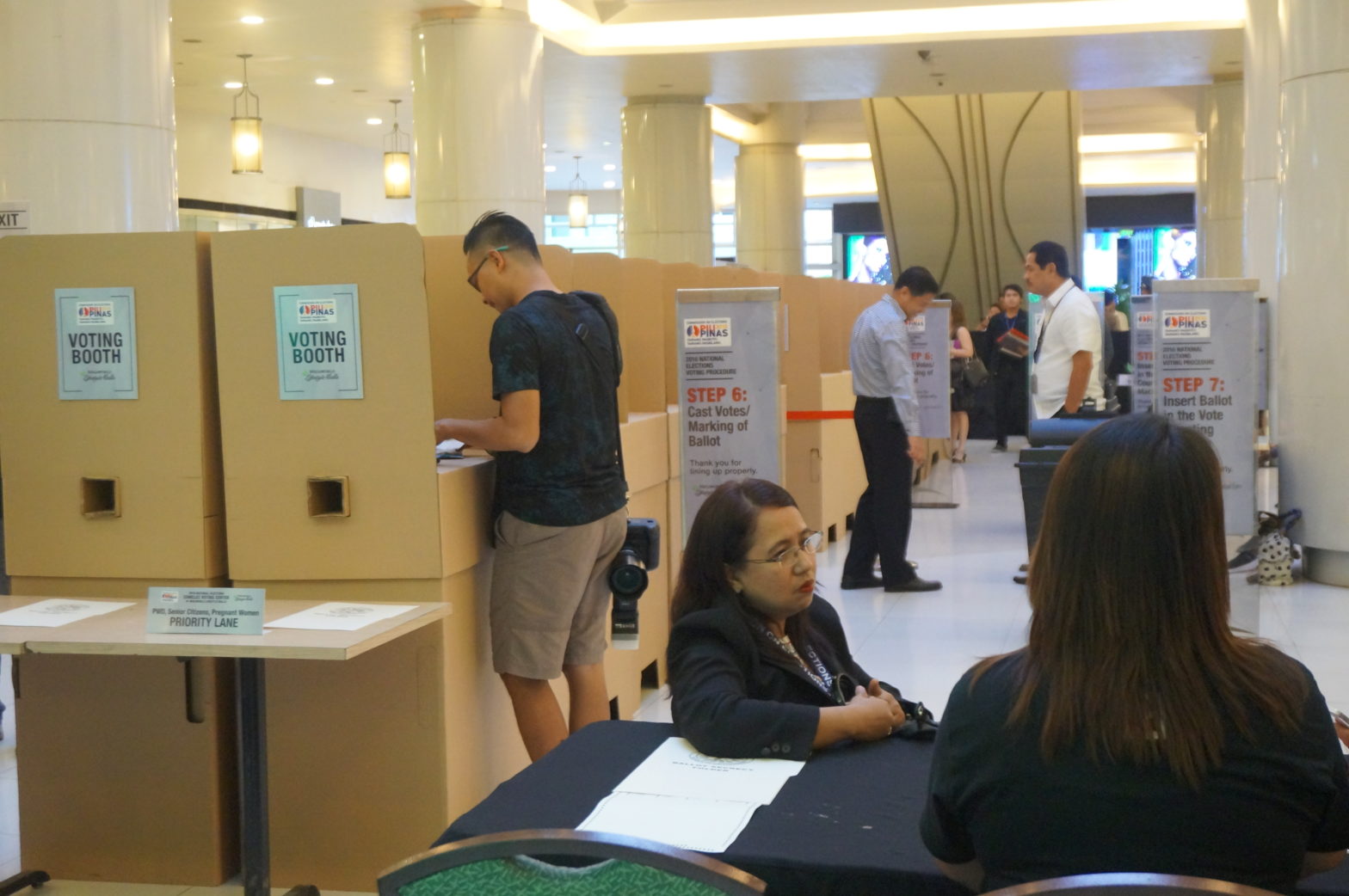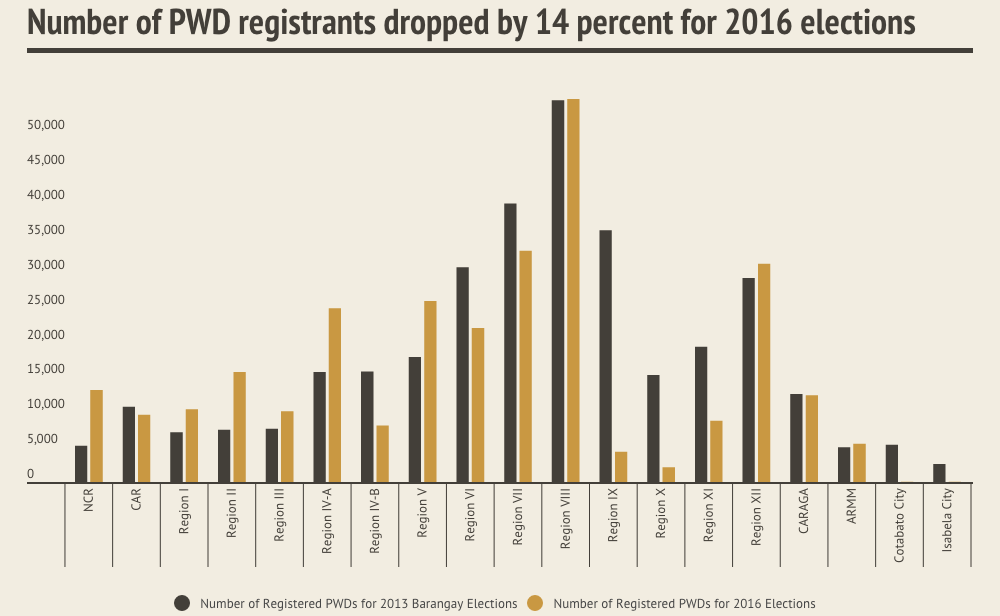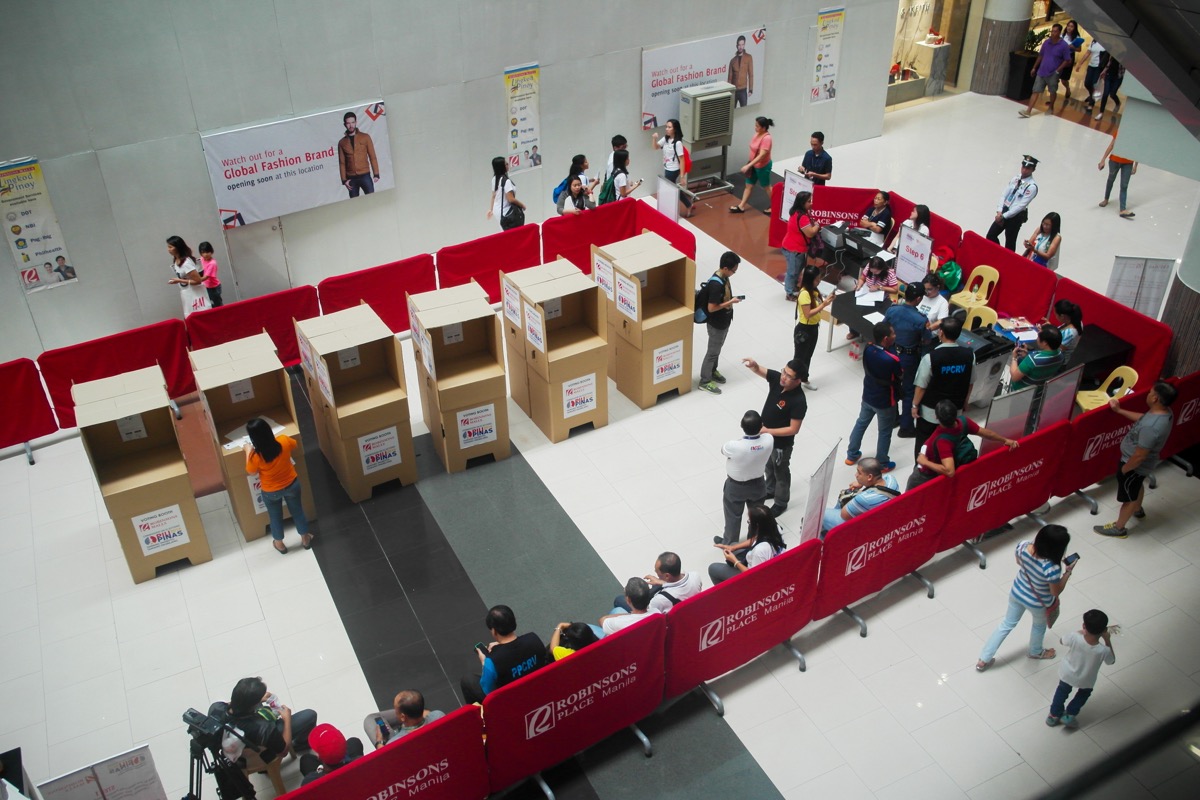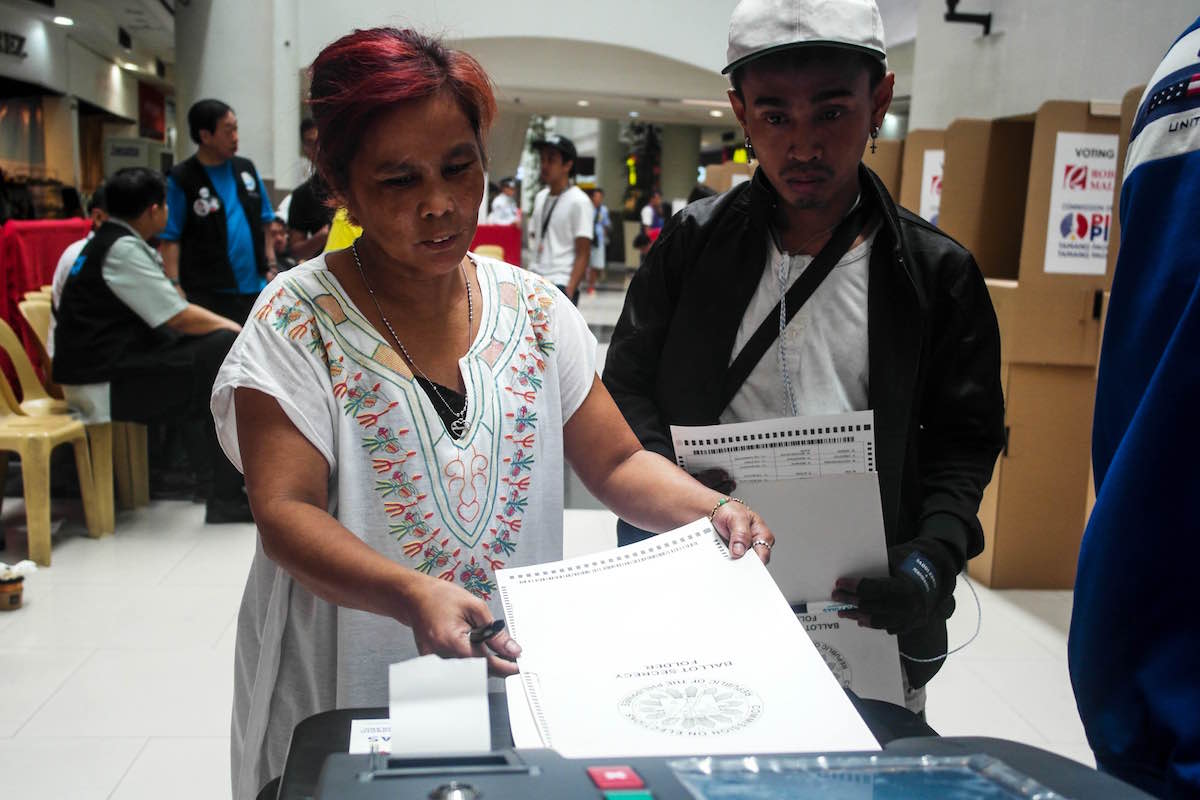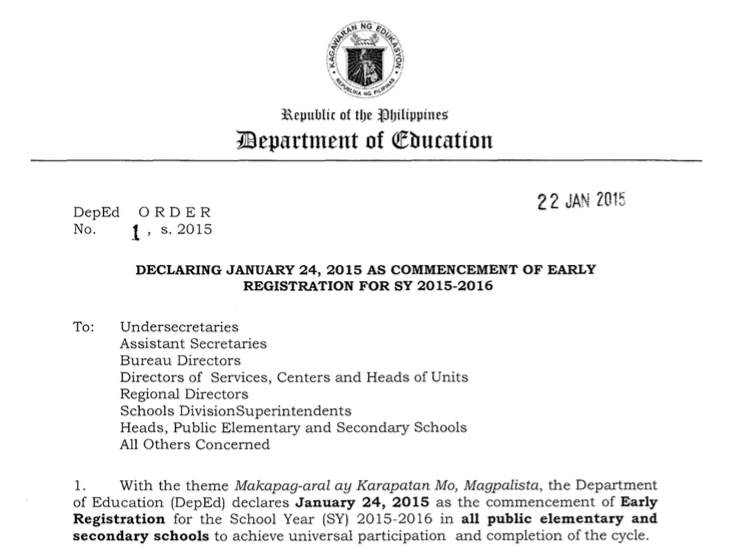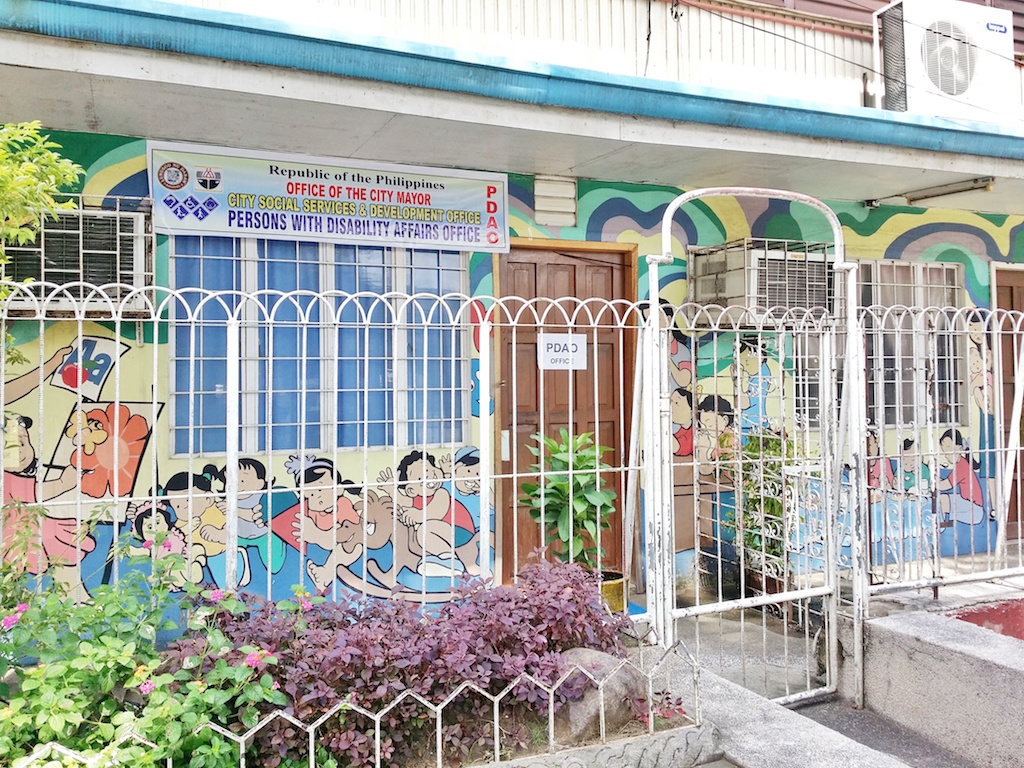By JAKE SORIANO
Photos by DANIEL ABUNALES
IF all goes according to plan, voting next year will be more convenient for persons with disabilities (PWDs).
Areas with high concentrations of PWD voters might see the last of cramped public school classrooms, as polling could be transferred to hundreds of air-conditioned malls nationwide.
The Commission on Elections (Comelec) early this week set up a mock polling place in Eastwood Mall, and inched closer to an initiative it has already approved “in principle.”
Calling malls “modern day conveniences” that could enhance the voting process, Comelec chair Andres Bautista said that its planned mall-voting project is designed to accommodate specifically vulnerable voters, like PWDs and senior citizens.
“Ito talaga ay primarily para sa kanila [Mall voting is really for PWDs and senior citizens],” Bautista said during the event.
“We cannot be tied to the old ways of thinking,” he added.
“Noong isang linggo [Last week], the Commission en banc voted to approve in principle the concept of mall voting. Now we have to flesh out the details.”
Quezon City 3rd District Election Officer Enrique Santos walked members of the media through the Eastwood Mall mock polling place, showing features that cater to the needs of PWD voters.
Voting will be done on the ground floor of the mall, while comfortable waiting areas will be set up outside and possibly on the second floor in case of high voter turnout.
PWD voters, along with senior citizens, will queue on clearly marked express lanes.
Members of the Parish Pastoral Council for Responsible Voting (PPCRV) will be around to assist them, said Santos.
The inclusion of PWD voters is crucial in the May 2016 elections.
Republic Act 10366, a 2013 law which gives Comelec the authority to establish accessible polling places (APPs) for PWDs and senior citizens, is set for full implementation next year.
APPs were pilot tested in four SM Malls during the October 2013 barangay elections.
Yet, the experiment failed, as only 10 PWDs gave their consent to be transferred to APPs from their regular precincts: four PWD voters in SM Cebu, three in SM General Santos, three in SM Lipa, and zero in SM Manila (See Only 10 PWDs to vote in special polling places)
Malls across the country have also become satellite venues during the voter registration period for the 2016 elections, which ended last October 31.
Results have been mixed.
While registrants with disabilities were satisfied with the ease and convenience of the setup, turnout has been low. (See Low turnout of PWD voters in metro-wide mall registration, Rainy listup dampens PWD turnout in Baguio)
During the last week of voter registration, the high volume of people even in malls, coupled with logistical problems, rendered useless PWD express lanes. (See PWD express lanes no match vs avalanche of last-minute registrants)
For 2016, Comelec will identify the precincts which have many voters with disabilities and senior citizens, explained Bautista.
These pre-identified precincts will be transferred to participating nearby malls.
“To manage expectations, right now [we are only targeting to accommodate around] 2 million voters,” he said.
This represents around 3.5 percent of the expected more than 54 million voters, he added.
Bautista also said that mall voting could help even those who would still vote in schools.
“Ang maganda din po dito, pagka nilipat mo yung ilang presinto from the public school to the mall, mababawasan yung volume sa public school [What is also great with this setup is that transferring voting to malls will decongest public schools],” he explained.
Besides logistical and operational concerns, Comelec could face legal scrutiny for its mall voting initiative.
Bautista, citing constitutional grounds, said that he is “very very confident” that mall voting will withstand questioning before the Supreme Court.
“If you look at Article V [of the 1987 Constitution], which is the article on suffrage, you will see that [Comelec] also is duty-bound to come up with ways and means by which we can assist our PWDs and our senior citizens in respect of their right to vote,” he said.
Section 2 of the said article reads: “The Congress shall also design a procedure for the disabled and the illiterates to vote without the assistance of other persons. Until then, they shall be allowed to vote under existing laws and such rules as the Commission on Elections may promulgate to protect the secrecy of the ballot.”
Comelec has formed a technical working group to study legal and operational issues before it proceeded with the project, said Bautista, adding that the poll body is “actually trying to enforce the constitutional demand.”
“Syempre, lahat ng botante ay dapat natin tulungan, alam din naman natin may mga ibang botante because of their condition, mas nangangailangan ng tulong [Although we have to help all voters, we know that some voters need accommodation because of their condition],” Bautista said.
“We want this election to be as inclusive as possible,” he said.
“And we want every voter to have an opportunity to exercise his or her right to suffrage.”
